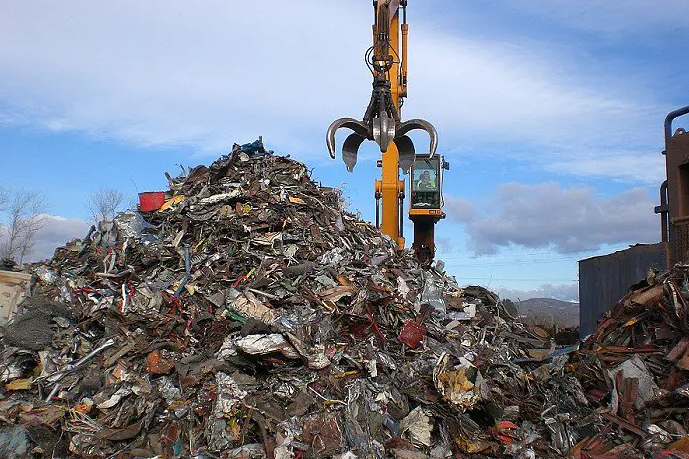What would happen if classrooms promoted a culture of metal recovery and recycling in cities?

Education is a powerful tool for raising awareness about the importance of recovering common and precious metals in urban environments. By integrating these concepts into school curricula, new generations could better understand how gold and silver extracted from electronic waste not only have economic value but also a positive ecological impact.
Recovering these materials reduces the amount of waste in landfills and promotes the circular economy by reusing resources instead of discarding them. This approach creates jobs in sectors such as recycling and sustainable manufacturing. Encouraging this practice fosters more responsible citizens and lays the foundation for a future where sustainability and the economy go hand in hand.
In cities like Tokyo and Brussels, for example, successful electronic recycling programs already exist. In Tokyo, companies like Mitsubishi Materials recover gold and silver from smartphones and computers. In Brussels, Umicore operates one of the world's largest plants for precious metal recycling, processing electronic waste and automotive catalysts.
San Francisco has also developed initiatives as part of its "Zero Waste" strategy, promoting the collection of electronic devices for metal extraction. Singapore and Zurich, with similar programs, aim to reduce electronic waste and foster the circular economy by recovering gold and silver for new industrial products. Without a doubt, this type of educational effort could also be implemented in cities like Buenos Aires.
At Urban Resources, Bluemoon Group also promotes an economic and ecological practice where environmental care can be combined with urban mining. That?s why we offer our clients logistics, management, recovery, analysis, and storage services for previously used mineral resources, transforming them into industrial-use goods and valuable reserve assets.








